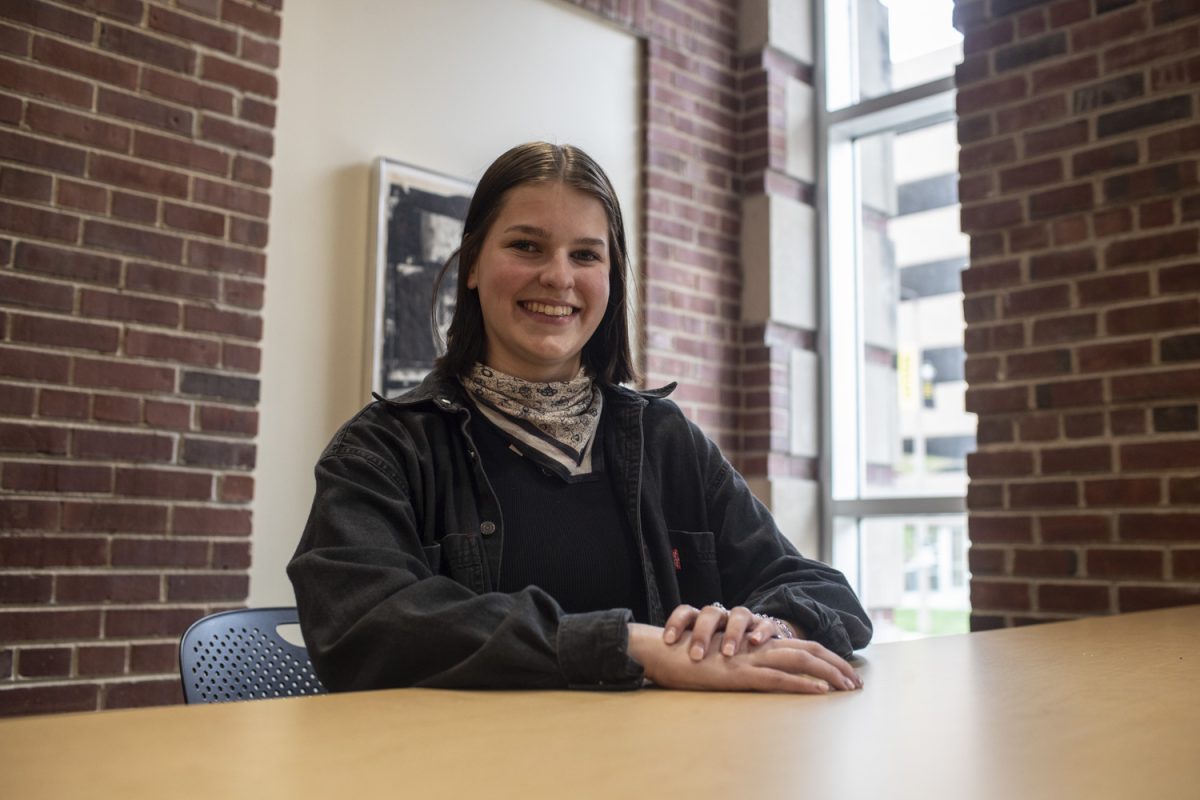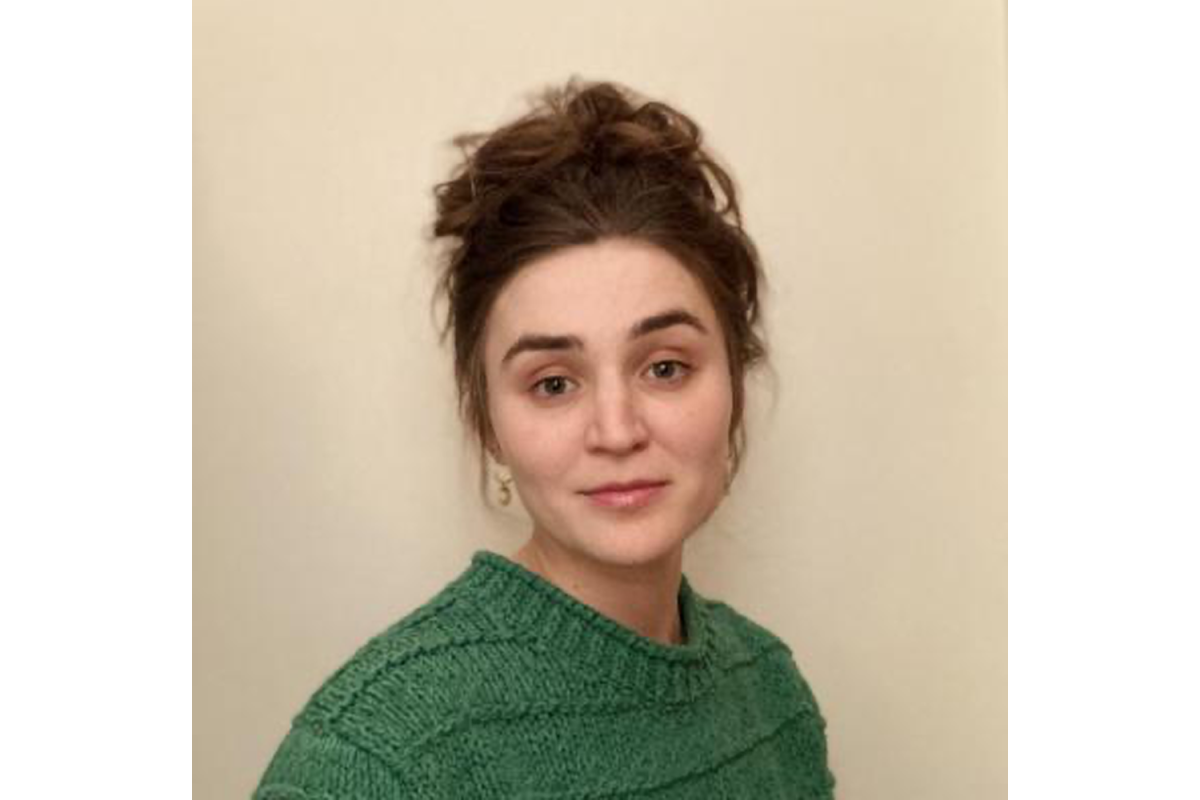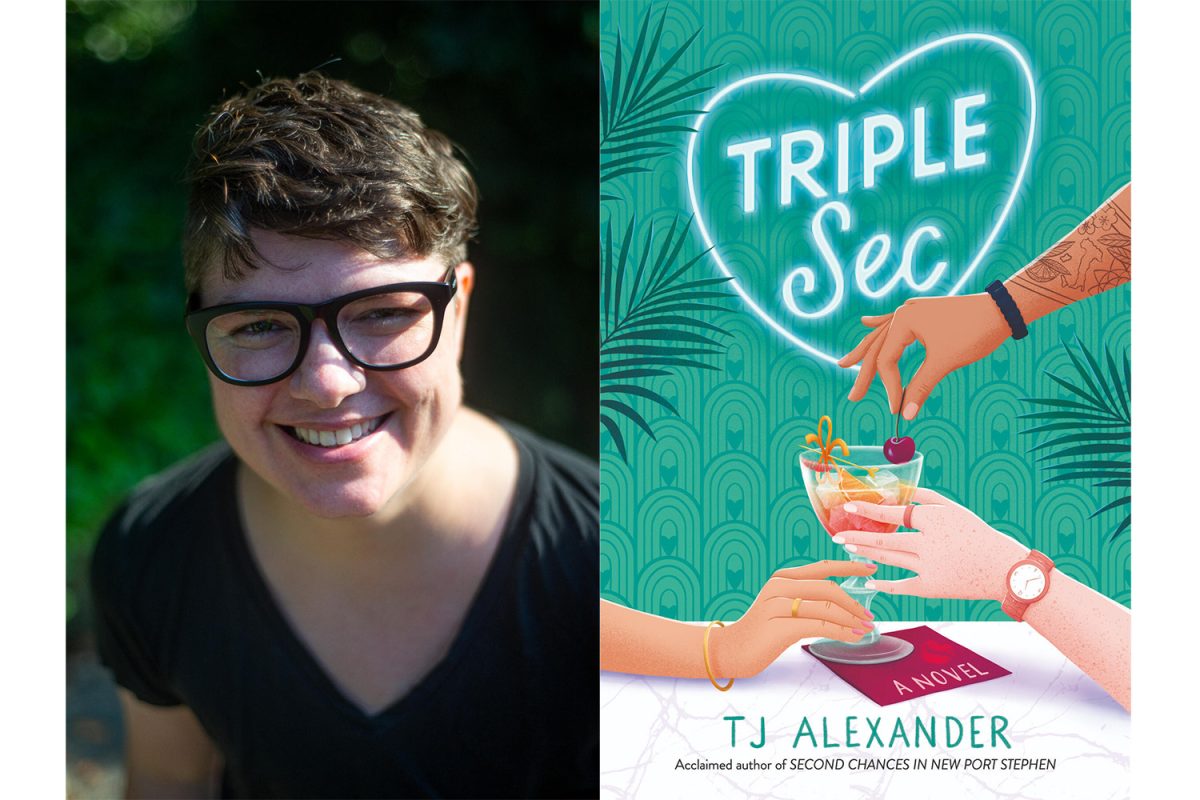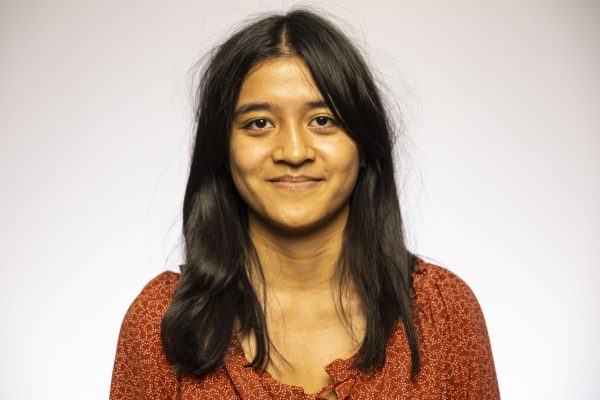Zainub Priya Dala is an Indian writer, psychologist, and physical therapist from South Africa. She wrote two books, “What About Meera” and “The Architecture of Loss,” the first of which won the 2015 South African Minara debut prize, and she has written pieces for The New York Times.
Dala received an Honorary Fellowship in Writing from the Iowa International Writer’s Workshop in 2017. She visited Iowa City on Oct. 6, to deliver a speech titled “Gandhi in South Africa: Deconstruction of a complex man in a Coolie odyssey.”
The Daily Iowan: How has the International Writing Program been for you?
Zainub Priya Dala: I think it’s been amazing. There are so many things going on in the world that it’s time for the writers who are here to really look at and interrogate them, so I think that is very exciting because it’s organic. It gives these writers the opportunity to be in one place and debate and discuss these things which ordinarily we would never have the opportunity to do; it creates a lot of dialogue.
What do you think of Iowa’s many resources?
Iowa is a writing city. Wherever you go, somebody is working on something, a new project is happening. You can’t really distinguish the resources because literally walking on the street is about literature, you can turn a corner and you can run into a writer who will understand what you are trying to say. You can then access library information, you can access archives, you can access books that are available all the time and, more importantly, you can access people that have been on this writing journey. Because of that, because it’s around you all the time, you are able to hone your craft.
In Iowa City, writing never leaves you. You live and breathe and sleep and eat writing. So the resources are amazing. But the human resources —the people that you meet — are even more amazing.
What is your favorite piece of writing that you did and why?
[When I wrote] my debut novel, “What About Meera,” I had no formal training as a writer. My undergraduate and postgraduate degrees are in the medical field, but one day I just sat down and wrote a novel. It got picked up by Penguin and it got published and suddenly I was a writer. So, for me, that is my favorite piece of writing, specifically the way it was raw writing, it was done without anybody, without that sort of vanity and without training; it was really just me, coming out onto that page. It’s like my first baby, you know.
For me, it’s therapy. If I don’t write, I feel like something’s missing in my life. I find that as my career has progressed, I’ve become very self-conscious and I now interrogate my writing, I dissect my paragraphs, but back then the writer that I was when I was younger had no filter. Now, I filter myself because I try to fit into what I think is acceptable and the current trends in literature, but my goal is to go back to being that girl, who did not worry about trends, who did not worry about what people would say, and just write what comes from inside.
What (or who) got you into writing?
My father. He died last year. He was a poet but coming from the culture and society that I come from, he had to become a teacher; although he had degrees in English literature and comparative religion, he became an accounting teacher. But he still wrote and he poured all his love for literature and poetry into me from a very young age and he encouraged me to express myself. I come from a family of storytellers. Even if it was oral storytelling through an old lady sitting around while we were cutting up vegetables, stories were being told all of the time.
I got into writing because I’ve always been a storyteller and I just felt like there is a story inside me that needs to be told, and I’m the only one who can tell it.
What lessons do you want readers to take from your stories?
That stories have power. And not just the large stories from important people, but the tiny stories that an old aunt will tell you about your family; that is more powerful of a story than a big important politician’s story. What I really want people to take from my writing is to enjoy the power of a story being told and to enjoy the power of how things are transmitted across generations. All these old stories that we keep hidden away inside the closets; as they come out and we keep learning about them, we’ll begin to know ourselves.
What I’m trying to say is that everybody has a story. People are always under the impression that their story doesn’t matter, but every story matters.












